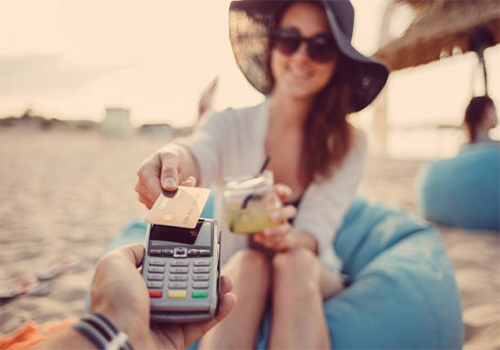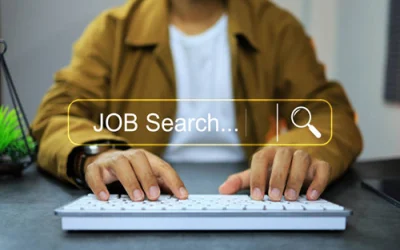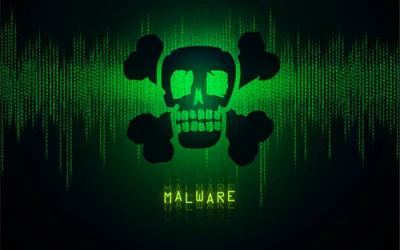TRAVELING ISN’T CHEAP, BUT YOU CAN HELP CONTROL SOME FEES AND AVOID HASSLES BY USING THE RIGHT CARD OR CASH AT THE RIGHT TIME.
Here are some tips recommended by experts:
To avoid having your cards denied due to fraud concerns, tell your card issuer about your travel plans in advance, especially if you are traveling abroad or somewhere you don’t normally go. This can be done online or by telephone.
Make sure your cards will be accepted wherever you plan to go.
When paying, experts suggest using your credit card, since it’s not tied to your checking or savings account like a debit card and because of its consumer protections against fraud. It’s also safer than carrying large amounts of cash.
Call your credit or debit card issuer or find your card member agreement to check on foreign transaction fees on things you purchase. The fee on some cards can be a low as 0% while others can charge a fee equaling a certain percentage of the transaction.
Know how to contact your card issuer in case of an emergency, such as loss of your card. The U.S. number to call will be on the back of your card. Some cards will list an international number as well. If you can’t find your number or are unsure if it will work internationally, call and ask. Write the phone numbers down someplace where you can find them quickly if necessary.
Don’t put all your cards in one place. If you lose your purse or wallet, you’ll want to have another card available. Consider carrying a payment card and some cash in a money belt.
Use your debit card when withdrawing cash from an ATM. Check with your bank or credit union on any fees that might be charged for using foreign ATMs or an ATM out of your network. Using a credit card for a cash advance can be expensive.
When using an ATM, look for ones at banks or that are in a safe location.
Carry enough cash that you have some money in case of card loss or payment terminals being down, but don’t carry too much. Consider carrying in the range of $50 to $200 just in case.
Planning ahead can save you money on travel transactions and have you prepared in case of an emergency.








